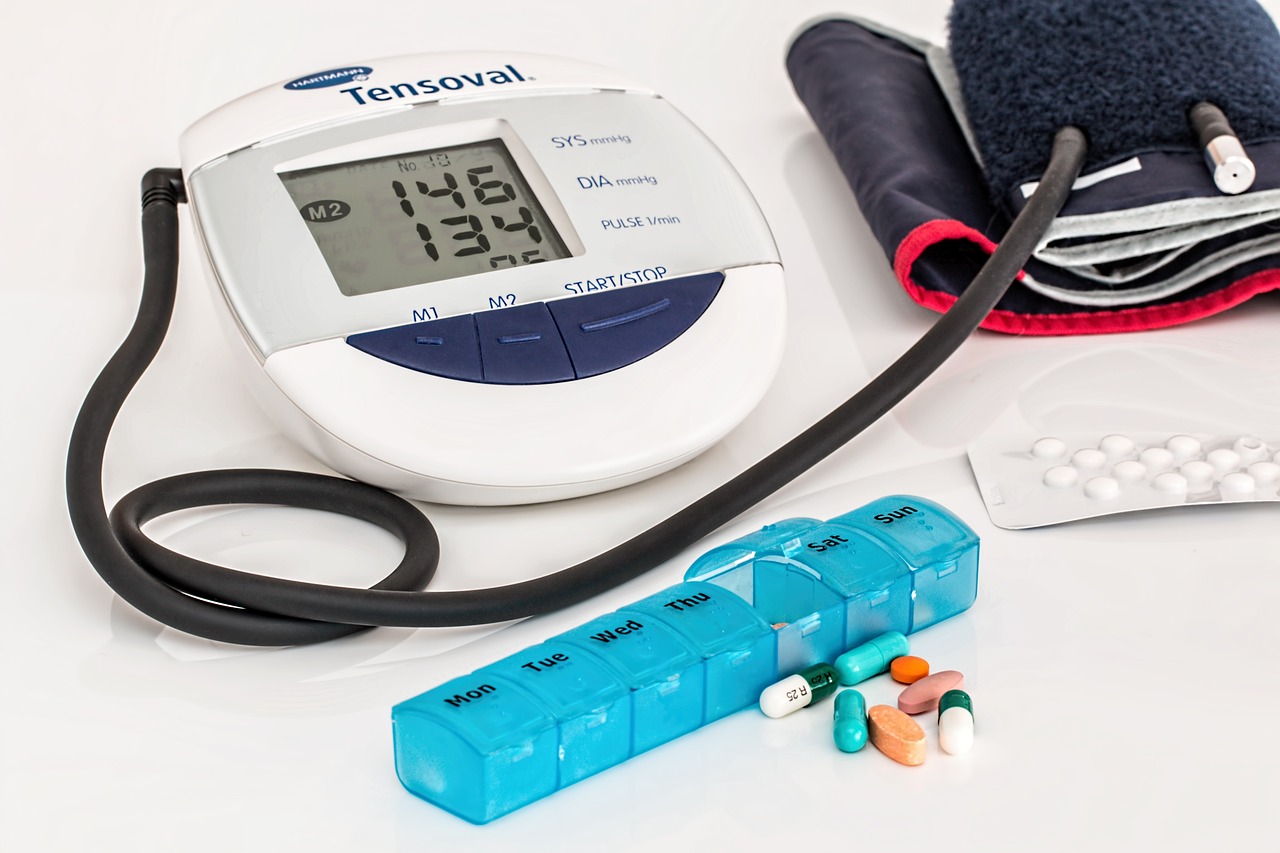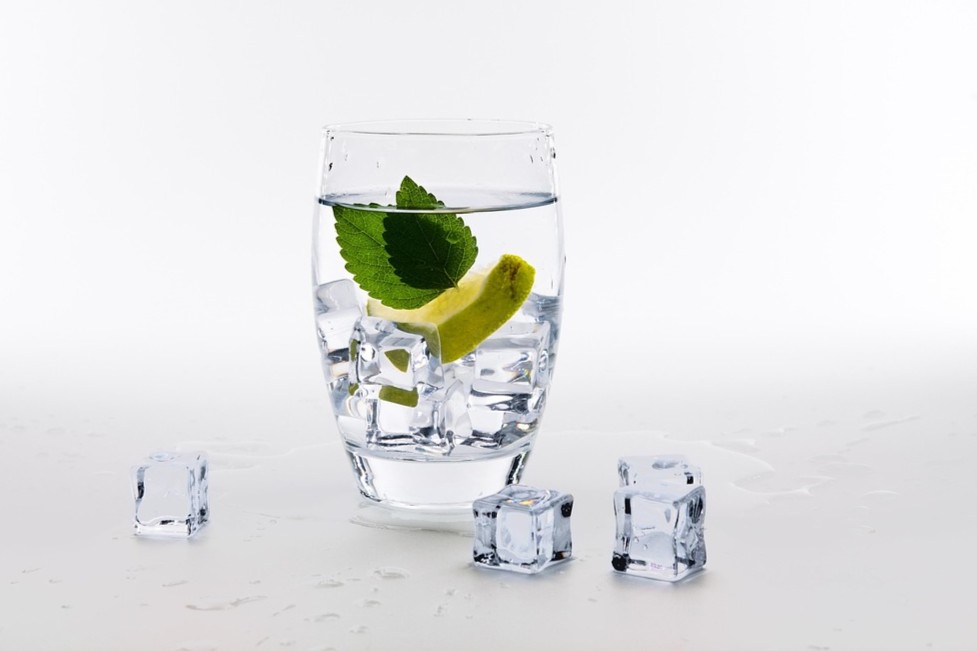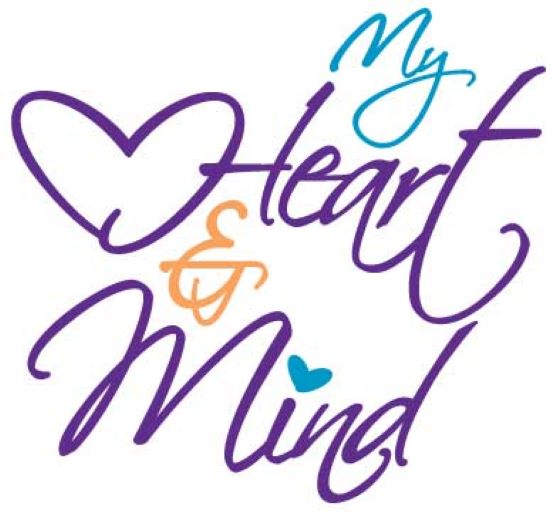I’m in the UK, and as the temperatures begin to climb, I thought it would be good to dive into a really important topic: Staying Heart-Healthy in the Summer Heat. Hot weather can be challenging for anyone, but for those of us with heart conditions, it presents unique risks and challenges. Many of you have told me you feel the heat more intensely, experiencing breathlessness or overwhelming exhaustion.
Let’s explore why this happens and, more importantly, what we can do to protect ourselves and truly enjoy the warmer months.
Listen here for more or read on ….
Heat and Heart Health
Increased Strain
Heart’s Job: Your heart’s primary function is to pump blood throughout your body. In hot weather, your body needs to cool down, which it achieves by sending more blood flow to the skin’s surface for sweating. This, in turn, puts extra strain on the heart as it works harder to circulate the increased blood volume. If you have a heart condition, your heart’s pumping efficiency might already be compromised. This additional strain from hot weather can be overwhelming, making it even harder for your heart to keep up with the body’s demands.
Dehydration Risks
Thicker Blood: Sweating is a natural cooling mechanism, but it leads to fluid loss. This can thicken your blood, making it harder for your heart to pump it effectively.
Blood Pressure: Dehydration can also cause your blood pressure to drop. This can lead to dizziness, lightheadedness, and even fainting, especially for those already prone to such issues due to heart conditions.
Breathlessness and Exhaustion
Reduced Oxygen Delivery: When your heart struggles to pump efficiently due to the heat and potential dehydration, it can’t deliver enough oxygenated blood to your muscles and organs. This oxygen deficiency can lead to feelings of breathlessness and fatigue.
Body’s Fight-or-Flight Response
Heat can trigger the body’s fight-or-flight response, leading to faster heart rate and breathing. This further increases your body’s oxygen demand, creating a vicious cycle of breathlessness and exhaustion.

Medications in the Heat
A pharmacist recently highlighted how certain common drugs can interfere with your body’s natural cooling mechanisms, like sweating and blood flow to the skin. If you’re on any of these, you’ll need to take extra care.
- Antidepressants: Especially SSRIs and tricyclics, can affect your body’s ability to sweat, making you more susceptible to heat-related illness. Conversely, some might cause excessive sweating, leading to dehydration if fluids aren’t replaced.
- Heart Medications:
- Beta-blockers work to lower your heart rate and pump force, but they can limit blood flow to your skin, making it harder for your body to release heat.
- Diuretics, or “water pills,” prescribed for high blood pressure or heart failure, increase urine output. In hot weather, this can lead to rapid dehydration and electrolyte imbalances. If you become severely dehydrated, you might even stop feeling thirsty, which is a dangerous sign.
- Medications like Ramipril and Losartan, also for blood pressure, can increase dehydration risk by affecting your body’s fluid balance and reducing your natural urge to drink.
- Insulin: For those managing diabetes with insulin, warm temperatures widen your blood vessels, increasing blood flow to the injection area. This can cause insulin to be absorbed faster, leading to a rapid drop in blood sugar (hypoglycaemia), with symptoms like dizziness, shaking, and even loss of consciousness. Also, heat can degrade insulin, making it less effective or even unsafe, so remember to store it in the fridge until use, and watch for any changes in its appearance.
It’s vital to never stop or change your medications without consulting your doctor first. If you have concerns, speak to your GP or pharmacist about how your specific medications might interact with heat.
Beat the Heat: Master Your Hydration & Know Your Limits
This is particularly crucial for heart patients, as getting it wrong can have serious consequences.
How to do it …..
1. Hydrate, Hydrate, Hydrate (Most People):
For most people, the advice is simple: Drink plenty of water throughout the day, even if you don’t feel thirsty. Aim for water or diluted squash. Crucially, avoid sugary drinks, excessive alcohol, and caffeine, as these can actually dehydrate you. Keep a water bottle handy and sip regularly.
2. Hydrate (If You Have Fluid Restrictions for Heart Failure):
This is where it gets a bit more complex, and you MUST speak to your doctor or heart failure nurse for personalised advice. They might suggest a slight adjustment to your daily fluid allowance during hot weather. Ways to manage thirst without over-hydrating include:
- Sucking on ice cubes (count these as part of your fluid allowance – usually 1 ice cube = about 15ml).
- Enjoying small amounts of hydrating foods like pineapple, watermelon, or ice lollies (again, check with your doctor first).
- Chewing sugar-free gum or sucking on a sugar-free mint.
- Rinsing your mouth with water but not swallowing it.
- Using lip balm to prevent dry lips, which can trigger thirst.
- Keeping a daily log of all your fluid intake (including liquid foods like soup, jelly, ice cream) to stay within your prescribed limit.
3. Recognise the Signs:
- Heat Exhaustion: Watch out for thirst, giddiness, dizziness, weakness, nausea, headache, profuse sweating, and clammy skin. If you experience these, move to a cool place, lie down, raise your feet, loosen clothing, and sip cool water. You should start to feel better within 30 minutes.
- Heatstroke (Medical Emergency): This is much more serious. Symptoms include a very high temperature (often 40°C/104°F or higher), hot, red, dry skin (no sweating), confusion, agitation, slurred speech, rapid pulse, fast breathing, seizures, or loss of consciousness. If you or someone you’re with shows these signs, call Emergency Services immediately. While waiting for help, try to cool the person down with wet cloths or fanning.
Understanding these distinctions and knowing what to do is paramount for your safety and confidence during warmer weather.

More tips to Beat the Heat and Stay Heart-Healthy
- DIY Air Con: Place a shallow dish or bowl of ice in front of your fan. As the ice melts, the fan will pick up tiny droplets of cold water, creating a cooling mist.
- Recycle for Cool: Fill a hot water bottle with cold water and pop it in the freezer to create a non-drip ice pack. Wrap it in a towel to avoid freezer burn.
- Hang Loose: Opt for loose, natural fabrics like cotton, in light colours. Choose clothes that allow air to circulate. And don’t forget a wide-brimmed hat and sunscreen!
- Cool Your Hotspots: Apply ice packs or cold compresses to your pulse points – wrists, neck, elbows, groin, ankles, and behind your knees. Holding your wrists under a running tap for a few minutes can give a quick cool-down. Those cooling mats designed for pets? They’re surprisingly effective for your feet!
- Get Cold Feet: There are many pulse points in your feet and ankles. Placing your feet in a bowl of cold water can help cool your entire body. Keep a bowl by your bed if you get too hot at night.
- Time Your Outings Wisely: The sun is strongest and most dangerous between 11 am and 3 pm. Plan any outdoor activities for cooler mornings or evenings, and always seek out shady areas when you are outside.
- Keep your home cool: Close windows and pull down blinds or curtains during the day, especially on sun-facing windows, to block out heat. Open windows at night when the temperature outside has dropped to allow air to circulate. Turn off non-essential lights and electrical equipment, as these generate heat.
- Check on Others: Remember to check on relatives, friends, and neighbours, especially those who live alone or have underlying health conditions. They may not realise they are overheating.
The summer can be a beautiful time, filled with warmth and light. By taking these precautions and being mindful of your body’s signals, you can confidently enjoy the season while keeping your heart healthy and strong. You’ve come through so much, and your resilience shines through every step of your journey.
Relaxamation – I Adapt and Adjust to What Is
A calming relaxamation helps you adapt to life’s changes after heart disease, heart attack or cardiac surgery. Learn how to reduce resistance, find emotional flexibility, and rebuild confidence.
End‑of‑Life Peace: Planning with Love, Purpose & Kindness
Death is one of those subjects none of us likes to think about, let alone talk about. And yet it is a natural part of living, something we will all face, whether sooner or later. The good news is: it doesn’t have to be a scary process. With gentle planning and open...
GTN & Vasodilators (Angina) Medicines
Learn how GTN spray helps manage angina safely. Instructions, common side effects, and emergency guidance.










